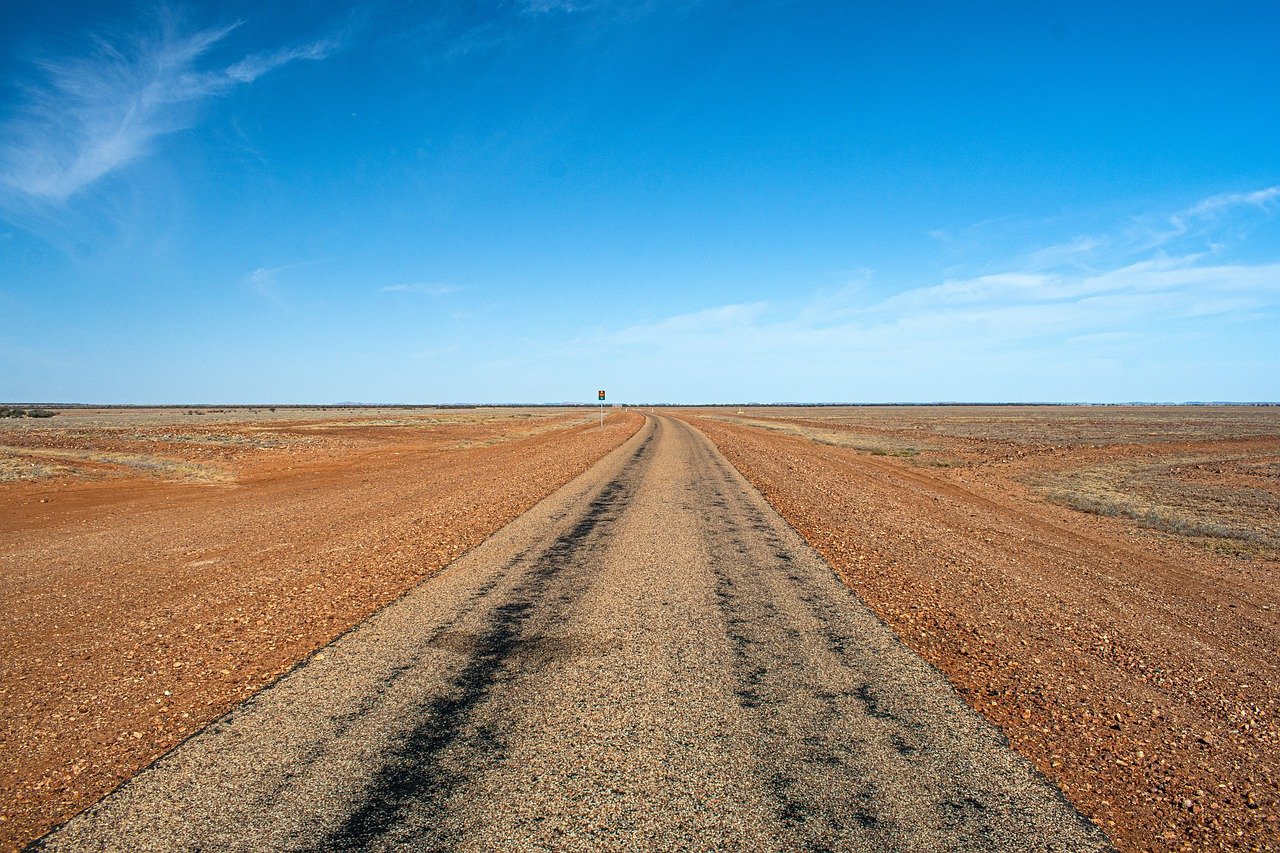Asia - Pacific Tensions
In the Asia-Pacific region, there are several ongoing conflicts and areas of heightened tension:
-
Taiwan Strait Tensions: The most significant potential conflict involves Taiwan and China. Tensions have been rising as China increases its military activities near Taiwan, with fears that China might attempt to forcibly reunify Taiwan with the mainland. This situation has broader implications, especially involving the United States, which is committed to supporting Taiwan's defense while avoiding direct conflict with China.
-
South China Sea Disputes: Another major flashpoint is the South China Sea, where several countries, including the Philippines and Vietnam, are in territorial disputes with China over islands and maritime boundaries. The region is strategically important and rich in resources, leading to regular confrontations, especially between the Chinese military and other regional forces.
-
Myanmar's Internal Conflict: Myanmar continues to face internal strife following the military coup in 2021. Various ethnic armed groups and a broad resistance movement have been fighting the military regime, leading to significant instability and violence across the country. This conflict has caused massive displacement and a humanitarian crisis.
- India-Pakistan Tensions: Although not at war, India and Pakistan remain in a state of high tension, particularly over the Kashmir region. The risk of escalation into broader conflict, including the potential for nuclear confrontation, remains a significant concern for regional stability.
These conflicts and tensions are part of a broader pattern of instability in the Asia-Pacific, with geopolitical rivalries and internal conflicts driving much of the unrest.

- Details
- By Sæbjörn Leafslayer
- Parent Category: War
- Category: Asia - Pacific
The reality of North Korea attacking another nation is a complex topic shaped by a mix of military capability, strategic calculations, and political rhetoric. While North Korea has consistently used aggressive language and demonstrated its weapons capabilities as part of its foreign policy, an actual attack on another country would carry tremendous risks for the regime, making it unlikely without extreme provocation. Here’s a breakdown of the key factors influencing North Korea’s potential for conflict:
Read more: The Complex Factors Influencing North Koreas Potential for Conflict

- Details
- By Sæbjörn Leafslayer
- Parent Category: War
- Category: Asia - Pacific
The notion of China launching an invasion of Australia is widely seen as highly unlikely for several reasons across military, geopolitical, logistical, and financial areas. Here's why such an incursion is considered improbable:
Read more: Why a Chinese invasion of Australia is highly unlikely
